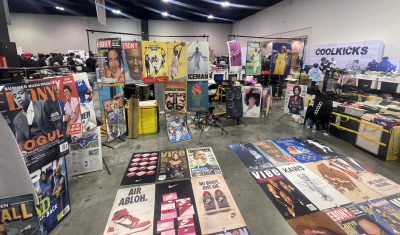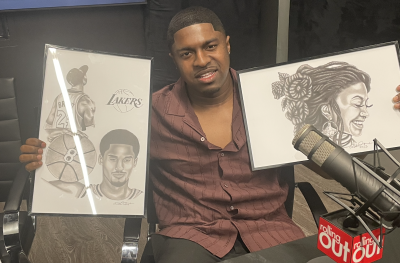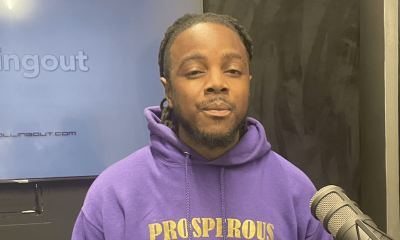The gaming community has exponentially grown over the past few years, and many people are starting to learn that you can get paid to play. Julian Fitzgerald, the co-founder of Cxmmunity, is offering that opportunity to the underprivileged and is committed to introducing youth to business, game design, and STEM curriculum.
Fitzgerald spoke with rolling out about what led him to co-found the organization and how people can start getting paid to play.
What led you to become the co-founder of this organization?
It’s a problem that both my co-founder and I experienced ourselves; we really lived the problem. My co-founder is a brain trust for a lot of this. Then, he was someone who was playing in professional lobbies as a high schooler and did not know that there was an actual career path. Me, I was an IT student. I didn’t know IT as a young person, but I could have hooked up all your computers or devices, and I did not know that there was a career path that could be pursued, especially within gaming. So, it started with us living with this problem and then also acknowledging that, in 2019, there were about 130 universities engaged in eSports and zero HBCUs. That gave us our starting point in regards to where to start. We started with an HBCU ecosystem and built the HBCU Esports League; we now have over 45 universities engaged, and we’ve given away over $2 million to date. That’s what got us started, but there’s definitely still a lot more work to do, as well.
What steps can people take if they want to be a professional gamer?
We may all get challenged to say, “Hey, get off the game, go do something productive.” I think it should be the inverse: How are we going to add value to the things that we love? I have young ladies who say, “I’m not a gamer,” but it’s about pursuing whatever you’re interested in with [the] awareness so that you can add value. Build your understanding of the history of that space; then, more than likely, you’ll have a little bit of understanding of the trends. But still do a little bit of YouTube university research. Outside of that, terminology is another key driver in understanding the actual ecosystem or space that you want to get into, but it’s also a key difference-maker in articulating what you understand. Being able to have a conversation around a certain type of skill set is half of the work. Pursue your interests; that will lead you to learn in your downtime because no one’s going to have to encourage you to do that. As you pursue your interests, build up your awareness within that space regarding how you get started, what terminology and vocabulary people use, and lastly, what tools are used. Because if you’re a game developer, all of that is very linear, but you still need to understand that and be able to speak to it.















